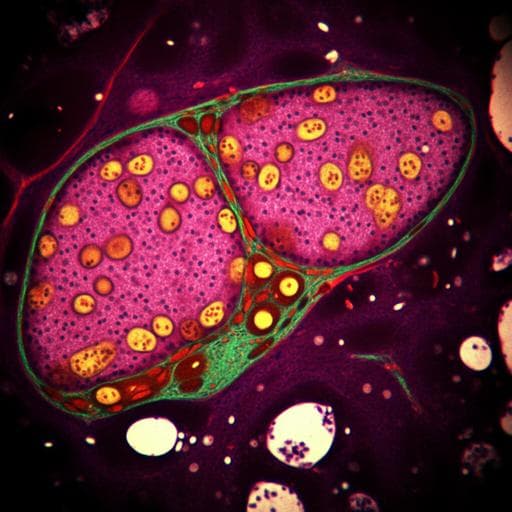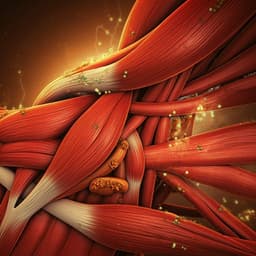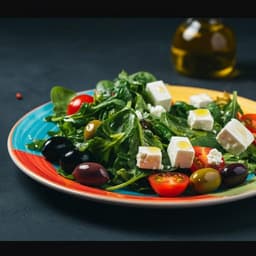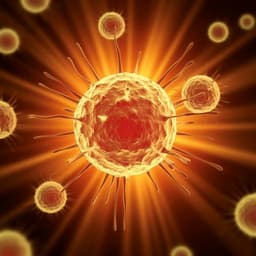
Medicine and Health
Effects of maternal diet-induced obesity on metabolic disorders and age-associated miRNA expression in the liver of male mouse offspring
L. V. Mennitti, A. A. M. Carpenter, et al.
This study by Laís Vales Mennitti and colleagues uncovers alarming insights into how maternal obesity affects the liver health of older male offspring. The research reveals notable increases in body weight, fat mass, and harmful liver conditions linked to elevated levels of specific miRNA, hinting at potential implications for aging processes in offspring due to maternal dietary habits.
Related Publications
Explore these studies to deepen your understanding of the subject.







